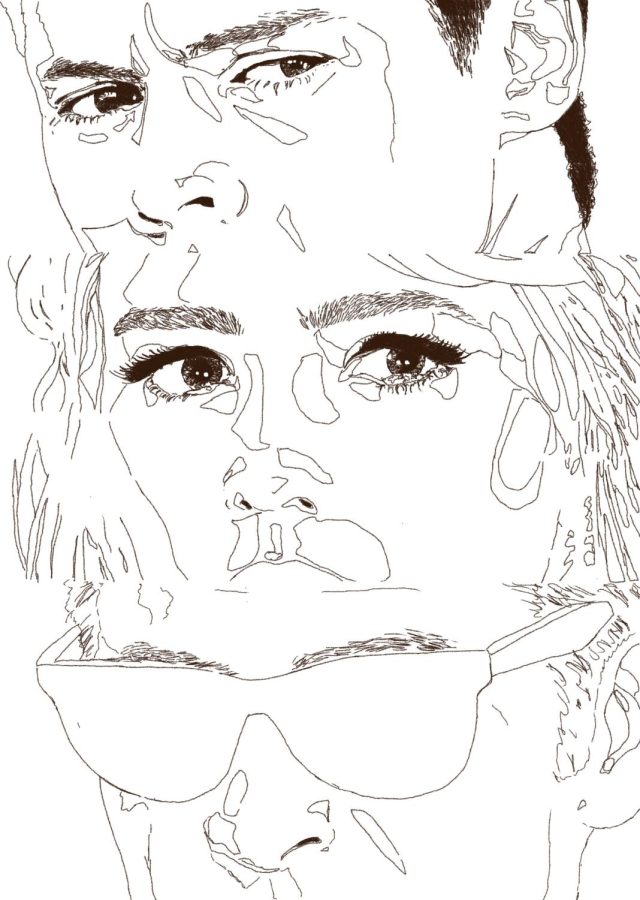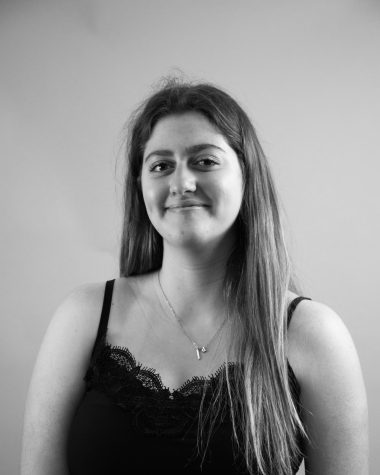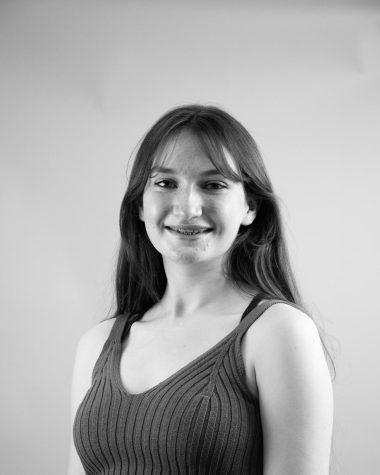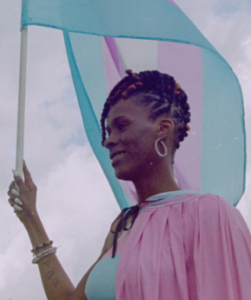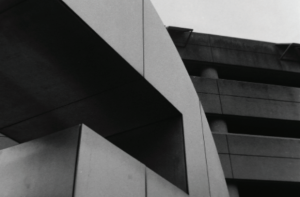Don’t Worry Darling Review
3/5 Falcons
November 8, 2022
Following the controversial events at the Venice Film Festival, where Harry Styles infamously spat on Chris Pine, people wanted to understand where this drama possibly originated. On September 23rd, they finally got their chance as Don’t Worry Darling was released in theaters. Over a million people flooded theaters worldwide, excited for the promised experience of watching the film.
Walking into the theater, expectations for the movie were unclear. The trailers had only hinted at what the plot could be, leaving viewers with many questions. Not much of this confusion was resolved during the film. It follows Alice Chambers, one of the many housewives in a 1950’s picture-perfect suburban community, and her journey of uncovering its dark secrets, which all of the husbands are trying to hide. Other than the female lead role, the “feminism” and female independence that Olivia Wilde promised wasn’t obvious. As Comic Book Resources articulated, “[Don’t Worry Darling] struggles to deliver its feminist message without outdated flaws … [the film doesn’t] seem to contribute to the discussion of feminism but rather pass[es] judgement on the women who don’t mold to a toxic feminist narrative.”
The intense buildup throughout the movie, emphasized with unsettling original scores, left the audience eager for a twist that answered their questions. Mirroring some of the best psychological thrillers, such as Shutter Island, it seemed that Wilde’s intention was to create a confusing story with only the climax connecting the dots. However, she wasn’t as successful in doing so, as many important plot points remained unresolved and people were left unsatisfied exiting the theater. It’s difficult to appreciate some of the more clever details that complete the movie with just one watch, which suggests even bigger flaws with the movie itself. Nonetheless, the idea itself was a unique approach to a plot twist that has become all too common in recent cinema.
As Styles’ fans’ reactions from early screenings of the movie circulated on social media platforms, the discussion shifted from the plot to his growth (or lack thereof) as an actor since his debut role in the 2017 movie Dunkirk.
Considering his lack of experience—especially compared to exceptional lead Florence Pugh—and how demanding his role was, this didn’t come as a surprise. There is certainly potential for him to be a better actor, which keeps fans excited. However, this serious role was not suited for his more charismatic character.
A main aspect of the movie revolved around the culture of its time period; notably, the marriage dynamics and the wardrobe. Although these additional elements may go unnoticed, Wilde did a good job of making them significant to the plot and using them to tie the story together. Ironically, she also managed to make herself a crucial part of the story’s plot twist, posing as both the movie’s director and most important side character. However, this still doesn’t overshadow Styles’ influence on the audience’s demographic, Pugh’s outstanding acting, and the puzzle that is Don’t Worry Darling.

